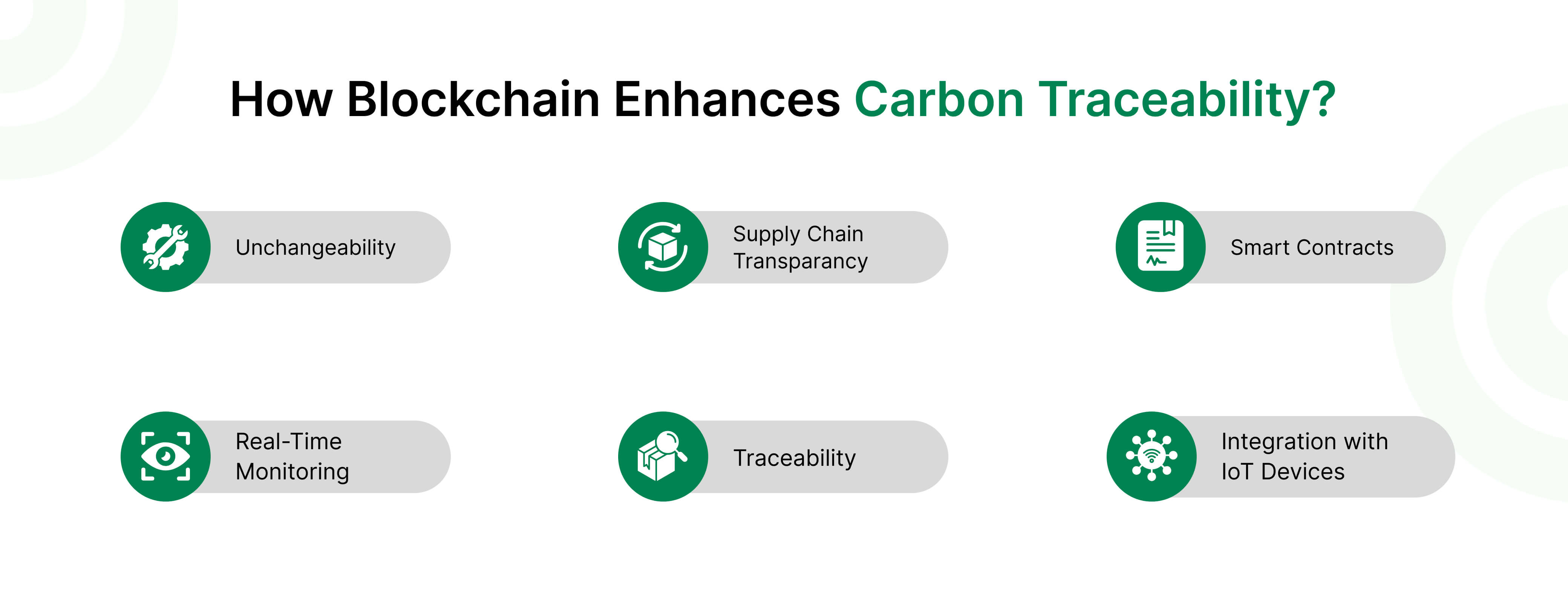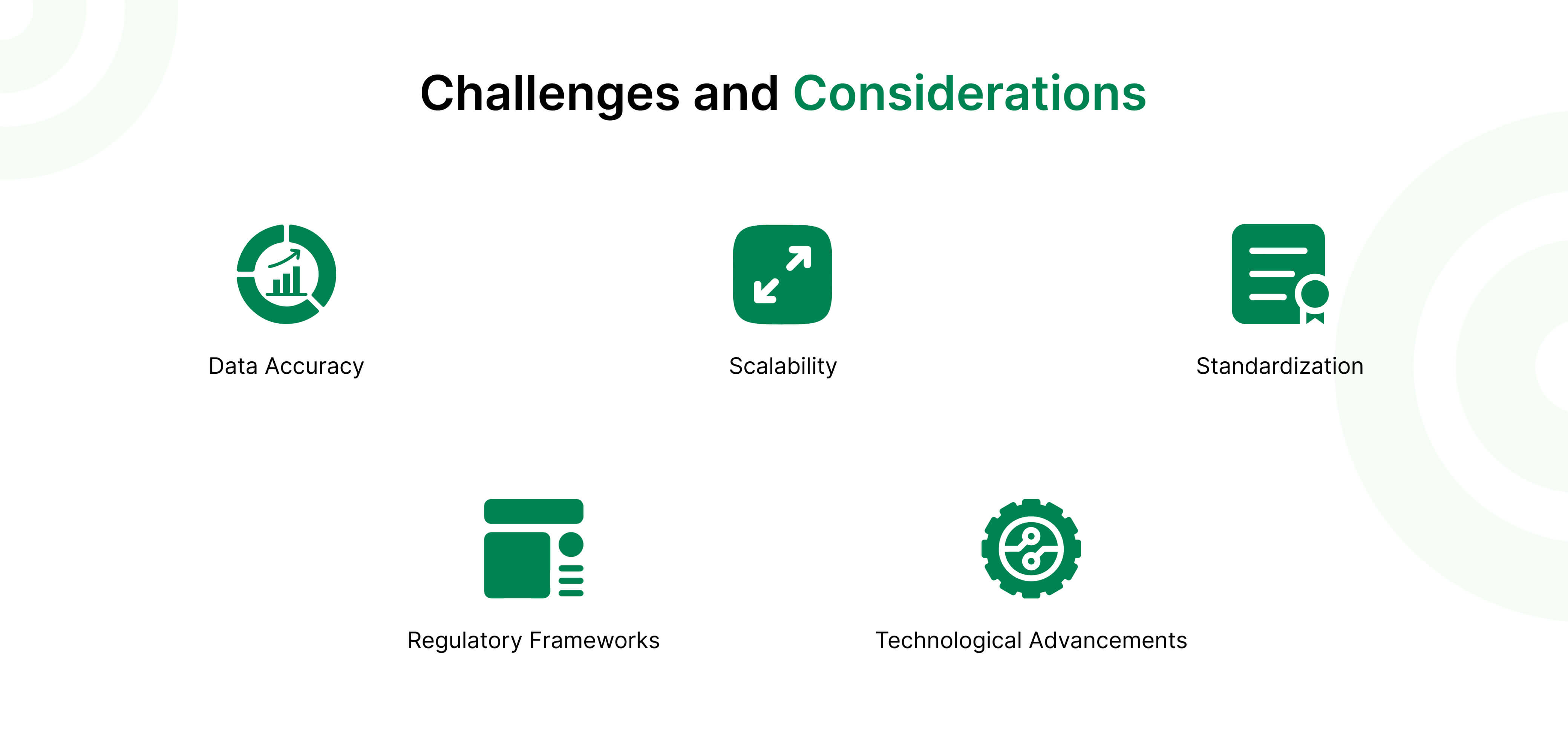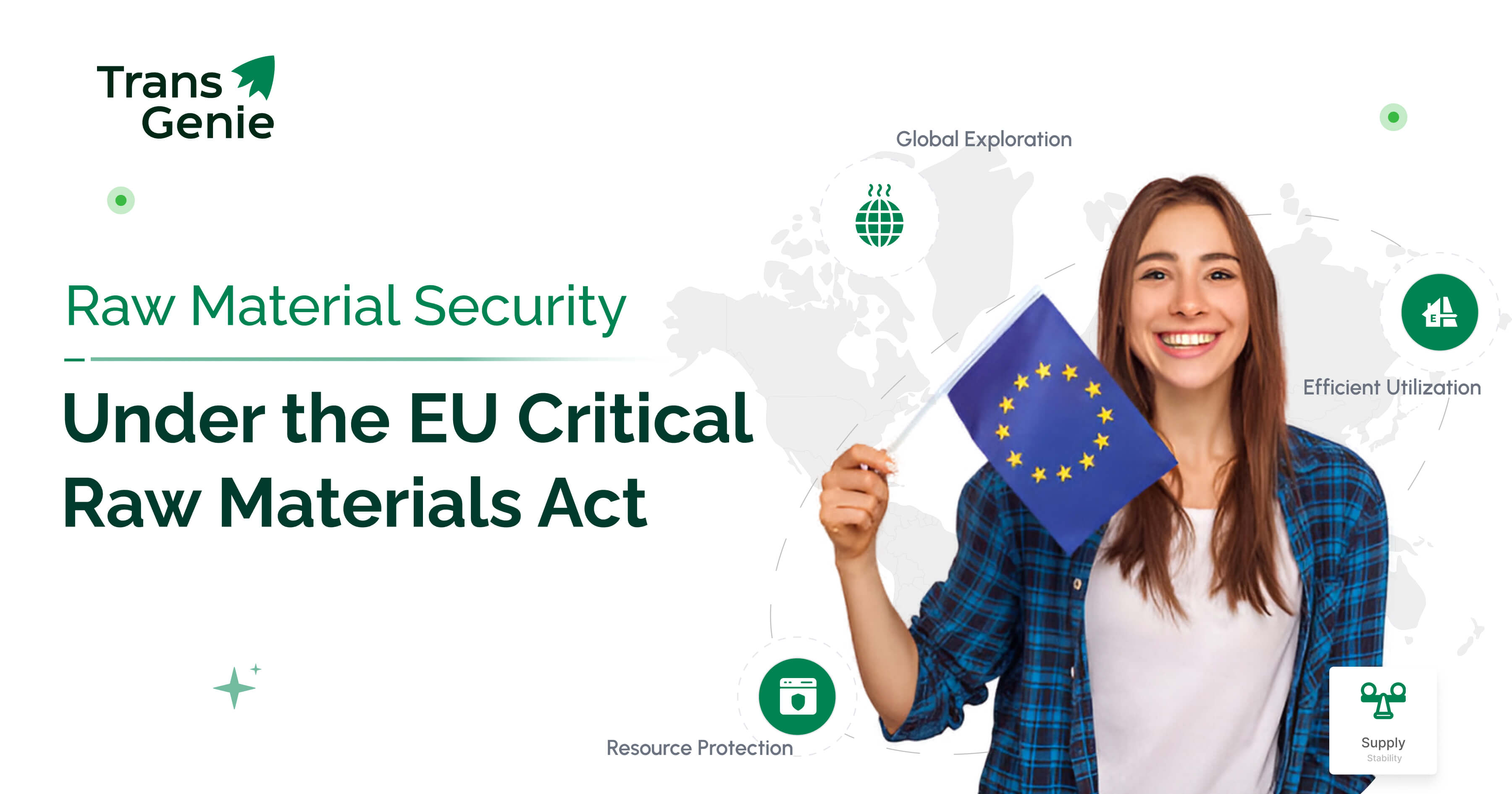In the pursuit of a sustainable future, the integration of innovative technologies has become imperative. Among these, blockchain traceability technology has emerged as a powerful tool, offering transparency, security, and efficiency. One of the key applications of blockchain in the realm of sustainability is carbon traceability. This article explores the intricate concept of blockchain carbon traceability, delving into the mechanisms, benefits, challenges, and potential future developments.
What is Carbon Traceability?
Carbon traceability involves tracking carbon emissions from their sources to consumption points in a supply chain. It helps identify emission sources, measure emissions at each stage, and monitor their movement. This process aids in understanding and reducing carbon footprints, enhancing transparency, and promoting sustainable practices. By tracing emissions, businesses can make informed decisions to mitigate their environmental impact and improve sustainability efforts.
How Blockchain Enhances Carbon Traceability?
By providing a transparent and safe platform for tracking carbon emissions through the supply chain, blockchain improves carbon traceability. The following are some ways that blockchain enhances carbon traceability:

1. Unchangeability: Once data is on the blockchain, it remains unchangeable and secure, preserving the reliability and accuracy of carbon emission data. This immutability helps in maintaining a trustworthy record of emissions throughout the supply chain.
2. Supply Chain Transparency: Blockchain facilitates end-to-end transparency in the supply chain. Every participant, from raw material suppliers to manufacturers, distributors, and retailers, can record relevant carbon data on the blockchain. This transparency enables you, as a business, to track your carbon footprint of a product back to its origin, fostering accountability throughout the supply chain.
3. Smart Contracts: Smart contracts on the blockchain can automate verification processes and trigger actions based on predefined conditions. This can streamline carbon offsetting mechanisms, emission reduction initiatives, and compliance with carbon regulations.
4. Real-Time Monitoring: Blockchain enables the real-time monitoring of carbon emissions, providing stakeholders with current information on the environmental impact of activities. This feature is essential for businesses seeking to promptly adjust to reduce their carbon footprint and adapt effectively to evolving environmental conditions.
5. Traceability: Blockchain enables the traceability of carbon emissions back to their sources, providing a clear picture of where emissions originate and how they propagate through the supply chain. This blockchain traceability software helps in identifying areas for emission reduction and improvement.
6. Integration with IoT Devices: The integration of Internet of Things (IoT) devices, like sensors and monitoring devices, with blockchain can be seamless. These devices can gather real-time environmental data, such as energy usage or emission levels, and directly input this data into the blockchain. This integration guarantees a more precise and automated recording of carbon-related information.
Benefits of Carbon Traceability on blockchain
Here are the benefits of carbon traceability on blockchain:
1. Transparency and Trust
Blockchain's transparent and immutable nature fosters trust among stakeholders. It allows consumers, investors, and regulatory bodies to independently verify carbon-related data, increasing confidence in sustainability claims.
2. Accountability and Compliance
The tamper-resistant features of blockchain traceability software ensure accountability in carbon reporting. Businesses can utilize blockchain records to demonstrate compliance with environmental standards and regulations, reducing the risk of fines and legal consequences.
3. Efficiency and Automation
Smart contracts automate the recording of carbon-related transactions, reducing administrative burdens and minimizing the risk of human errors. This automation enhances efficiency in tracking and reporting carbon emissions.
4. Emission Reduction Incentives
Tokenization of carbon credits on the blockchain creates a tradable market for these credits, incentivizing businesses to invest actively in emission reduction initiatives and contributing to a more sustainable business ecosystem.
5. Market Access and Consumer Demand
Companies adopting blockchain carbon traceability can gain a competitive edge by aligning with the values of environmentally conscious consumers. Access to verifiable carbon data can open up new markets and attract consumers seeking sustainable products and services.
6. Educational Opportunities
Blockchain-based traceability platforms serve as educational tools, raising awareness about carbon emissions, sustainability practices, and the environmental impact of products. Increased consumer understanding leads to more informed choices and greater collective efforts towards sustainability.
7. Global Collaboration
Blockchain facilitates global collaboration by offering a standardized and interoperable platform for carbon traceability. Companies worldwide can share carbon data, collaborate on sustainable initiatives, and collectively address global environmental challenges.
Challenges and Considerations
While the benefits of carbon traceability on the blockchain are clear, there are several challenges and considerations that require attention:

1. Data Accuracy
Ensuring the precision of data recorded on the blockchain is vital for the credibility of carbon traceability initiatives. Inaccurate or deceptive information can undermine the effectiveness of sustainability programs.
2. Scalability
Efficient scalability of blockchain networks is essential to managing the increasing volume of transactions related to carbon traceability. Issues with scalability could impede the widespread adoption of blockchain.
3. Standardization
The lack of standardized protocols for recording and reporting carbon data on the blockchain may lead to interoperability challenges. Establishing industry-wide standards is crucial for a cohesive and efficient carbon traceability ecosystem.
4. Regulatory Frameworks
The regulatory environment for carbon footprint tracking is still developing. Clear and consistent regulatory frameworks are needed to offer guidance to businesses and ensure compliance.
5. Technological Advancements
Continuous improvements in blockchain technology are necessary to address current limitations and unlock new opportunities for carbon traceability. Research and development efforts should focus on enhancing the efficiency, scalability, and usability of blockchain solutions.
Future Trends and Developments
As we look ahead, several key trends and developments are expected to shape various industries in
blockchain traceability solutions. One prominent trend is the continued integration of artificial intelligence (AI) and machine learning into business processes, enabling greater automation and data-driven decision-making. Additionally, advancements in renewable energy technologies, such as solar and wind power, are likely to drive the transition towards a more sustainable energy landscape. The rise of the Internet of Things (IoT) is set to revolutionize how devices communicate and interact, leading to increased connectivity and efficiency in both consumer and industrial applications. Furthermore, the ongoing focus on cybersecurity measures will be crucial as digital transformation accelerates, ensuring the protection of sensitive data and systems from cyber threats. Overall, these trends are poised to shape the future business landscape and drive innovation across various sectors.
Conclusion
Implementing carbon traceability on blockchain presents a groundbreaking solution for effectively monitoring and reducing carbon footprints. By leveraging the transparency and immutability of blockchain technology, businesses and individuals can make informed decisions to combat climate change. This approach not only enhances carbon accountability but also fosters a more sustainable future by promoting responsible environmental practices. Embracing blockchain for carbon traceability paves the way for a greener, more environmentally conscious world.






Yokesh Sankar